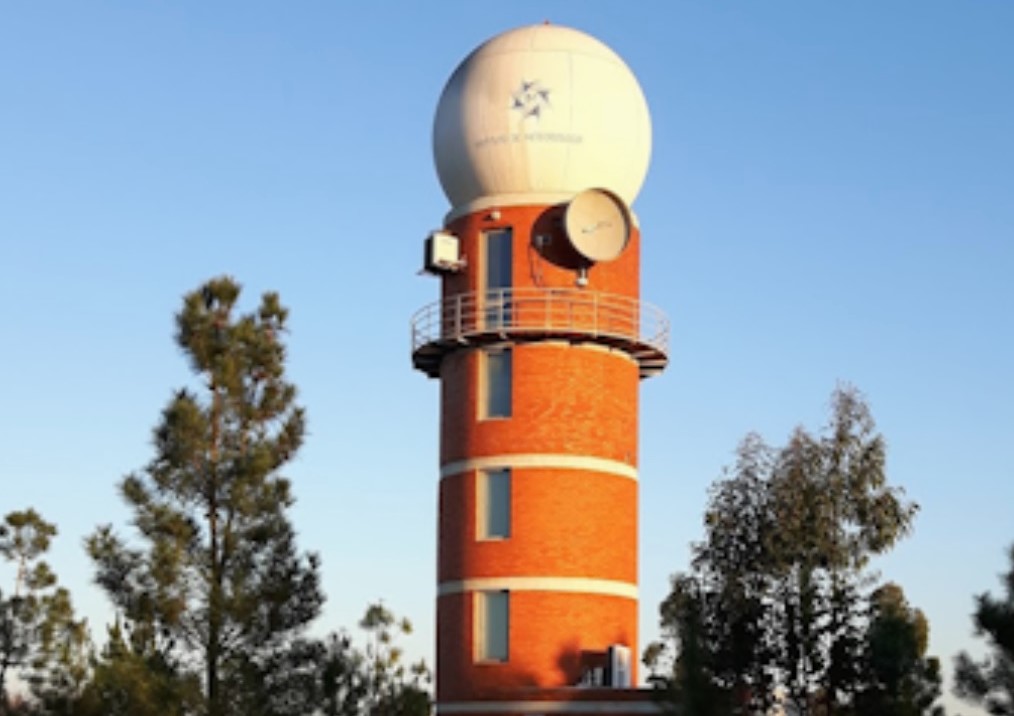The Loulé Meteorological Radar, owned by the Portuguese Institute of the Sea and Atmosphere, which has been operating since 2005, will be renovated and modernized, IPMA announced.
This radar is located in the Cavalos do Caldeirão area, on the edge of the EN2.
The Coruche Radar (Cruz do Leão) will also be renovated.
«These single-polarization radars will be completely replaced by dual-polarization doppler radars. The new radars will improve the estimation of precipitation intensity and will allow the classification of different types of hydrometeors, such as drizzle, rain, hail, hail and snow», explains IPMA.
The new radar systems are under construction and integration at the “Leonardo Germany GmbH” factory in Neuss, Germany, and are expected to be installed during the months of November and December.
During the installation phase of radars and other associated equipment, namely generators and air conditioning systems and also the improvement of technical installations, IPMA will use information from the radar network of the Spanish Meteorological Agency (AEMET), being that in this context there is a radar data exchange protocol between both countries.
As part of the same investment, the installation of two automatic meteorological stations is underway, close to the Coruche and Loulé radar systems, and (until the end of 2023) the national network of thunderstorm detectors will be reinforced, with the installation of a lightning detector in Viana do Castelo and another in Olhão, as well as the respective update of the processing system.
Financial investments will make it possible to renew, reinforce, expand and improve meteorological observation networks and, therefore, meteorological forecasting and surveillance, with the distribution of amounts being as follows: radars (2.791.188 euros), automatic meteorological stations (58.230 euros) and lightning detectors (169.600 euros),
At a time when the direct and indirect effects of climate change are increasingly felt, it is recognized that after these investments, IPMA will be structurally better able to respond to the population and entities with responsibility in the areas of security and safety. protection of lives and property.



















Comments